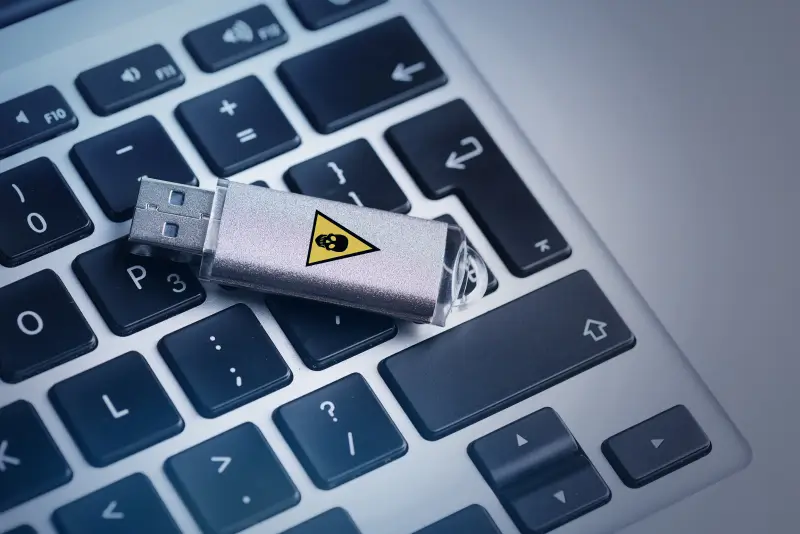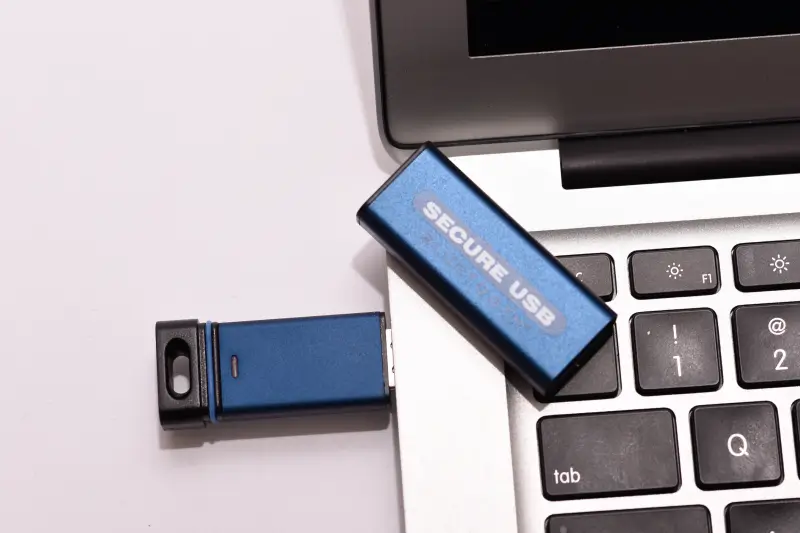When convenience outweighs caution, features that enhance the user experience can be vulnerabilities. Windows Autoplay stands out as an example. While the feature instantly launches applications or media from external devices, its design can pose security risks.
With cyber attacks becoming more common and complex, securing sensitive data has never been more critical. Because of that, users often require more than standard measures. Luckily, there is a method that meets modern threats. The experts at SecureData offer insights into the risks of Autoplay.
Design of Autoplay
Windows Autoplay is a feature that can recognize file types on an external drive or USB stick. After inserting the media into a computer, Windows will display relevant actions based on the contents of the device. Many have praised the feature for reducing the need for manual navigation. However, that convenience is a double-edged sword. The same design that promotes ease of use can also allow malicious code to infiltrate a system without approval.
Autoplay enables autorun.inf files to execute instantly. Bad actors exploit that simple design to infect systems with malware, ransomware, and other harmful programs. Even plugging in a flash drive or external hard drive can be risky. For this reason, users must exercise caution to avoid acting as an unwitting conduit for these threats.
Threats From Windows Autoplay
Windows Autoplay raises several risks, from malware infections to unauthorized data access and privacy breaches. These risks highlight the importance of assessing the feature's role and the need for advanced measures to reduce exposure.
Malware and Viruses
For the most part, Autoplay is vulnerable to malware because it executes instructions without permission. Here's how it works:
- Automatic Launch of Malicious Code. Bad actors can embed malware in the autorun.inf files on external storage. Once connected to a computer, the code can run without the user's knowledge.
- Bypassing Approval. Autoplay avoids measures that often involve user consent before running software. This bypass makes deploying malware easier and systems less secure.
- Widespread Infection. Malware like the W32.Downadup worm used Autoplay to spread through systems quickly. An infected device can transmit malware throughout the rest of the network or to other personal drives with little interference.
Unauthorized Access and Theft
Compromised autorun.inf files open the door to more targeted threats. Hackers can design these files to siphon sensitive data or establish backdoors for future access. All without user detection. These exploits undermine system security and present financial and privacy risks:
- Running Scripts To Exfiltrate Data. When a script inside an autorun.inf file executes, it could start copying personal data stored on the system.
- Remote Access. Autoplay can hide backdoors that allow remote access to the infected computer. Once inside, attackers can steal priceless data, install more malware, or use the system as a vector to attack the rest of the network.
- Exploiting Devices. If bad actors infect a device with Autoplay, they can load malware onto any computer the drive connects to.
Privacy Concerns
Running software instantly also leads to privacy concerns. An unforeseen disclosure of confidential data could occur for the following reasons:
- Surveillance Software. Autoplay can trigger spyware that monitors activity and collects data. It could capture web traffic, messages, passwords, and financial data.
- File Previews. In some cases, Autoplay previews content on connected drives and could expose sensitive info. For example, a preview could display private documents or photos to everyone in a room.
- Device Sharing. USB flash drives or external hard drives often transfer data between a home PC and a workstation. This practice could compromise the privacy of both systems.
Secure Solution for Windows Autoplay
Final Thoughts on the Feature
Given its design, using Windows Autoplay in an environment with sensitive data is a serious risk. But you do not have to sacrifice convenience to secure your files against costly data breaches.
SecureData can help. We are the leading provider of data solutions, from encrypted storage devices to data recovery services and software. Our team understands the importance and value of data. That is why we invest so much into keeping it safe. Call us at 800-388-1266 to speak with one of our experts.















